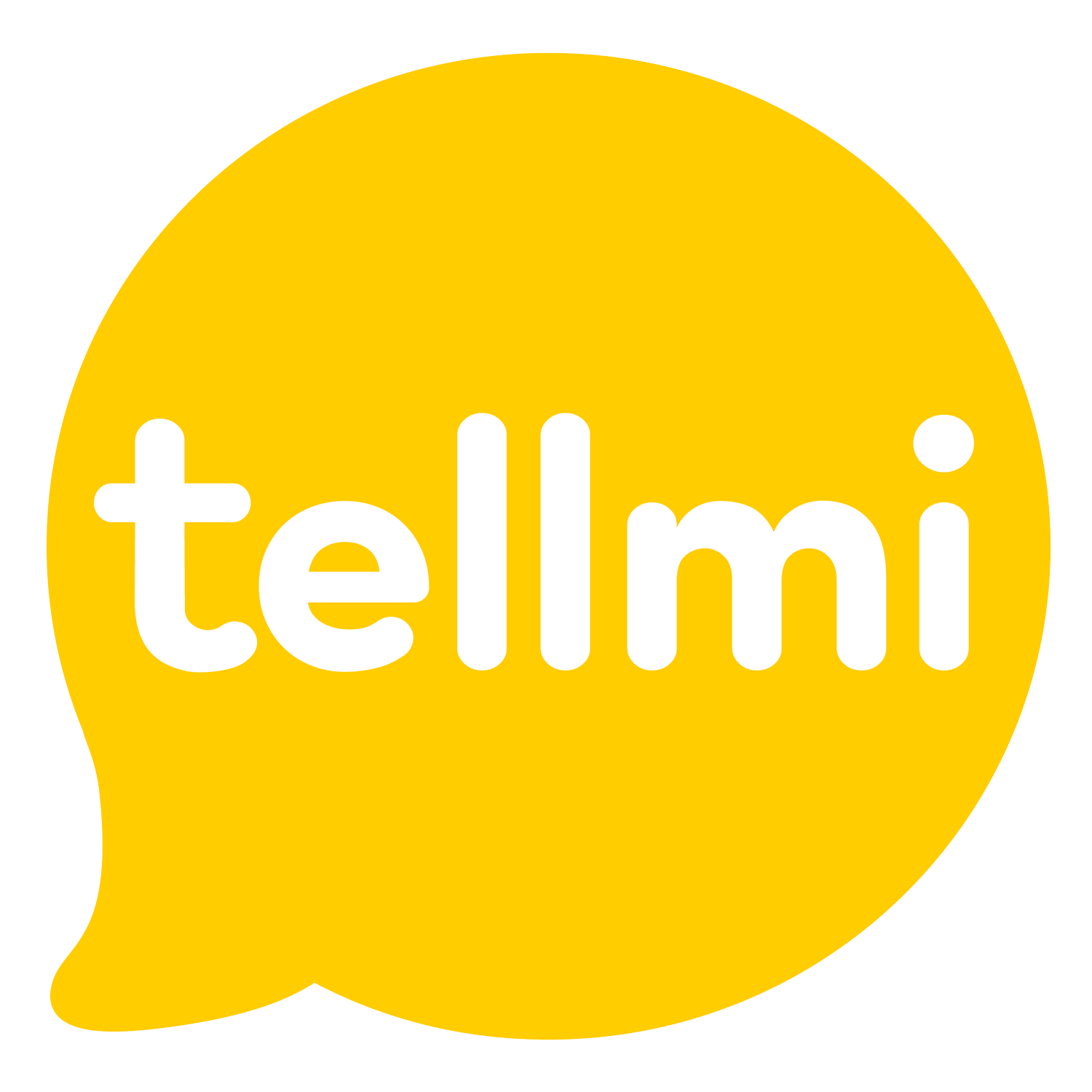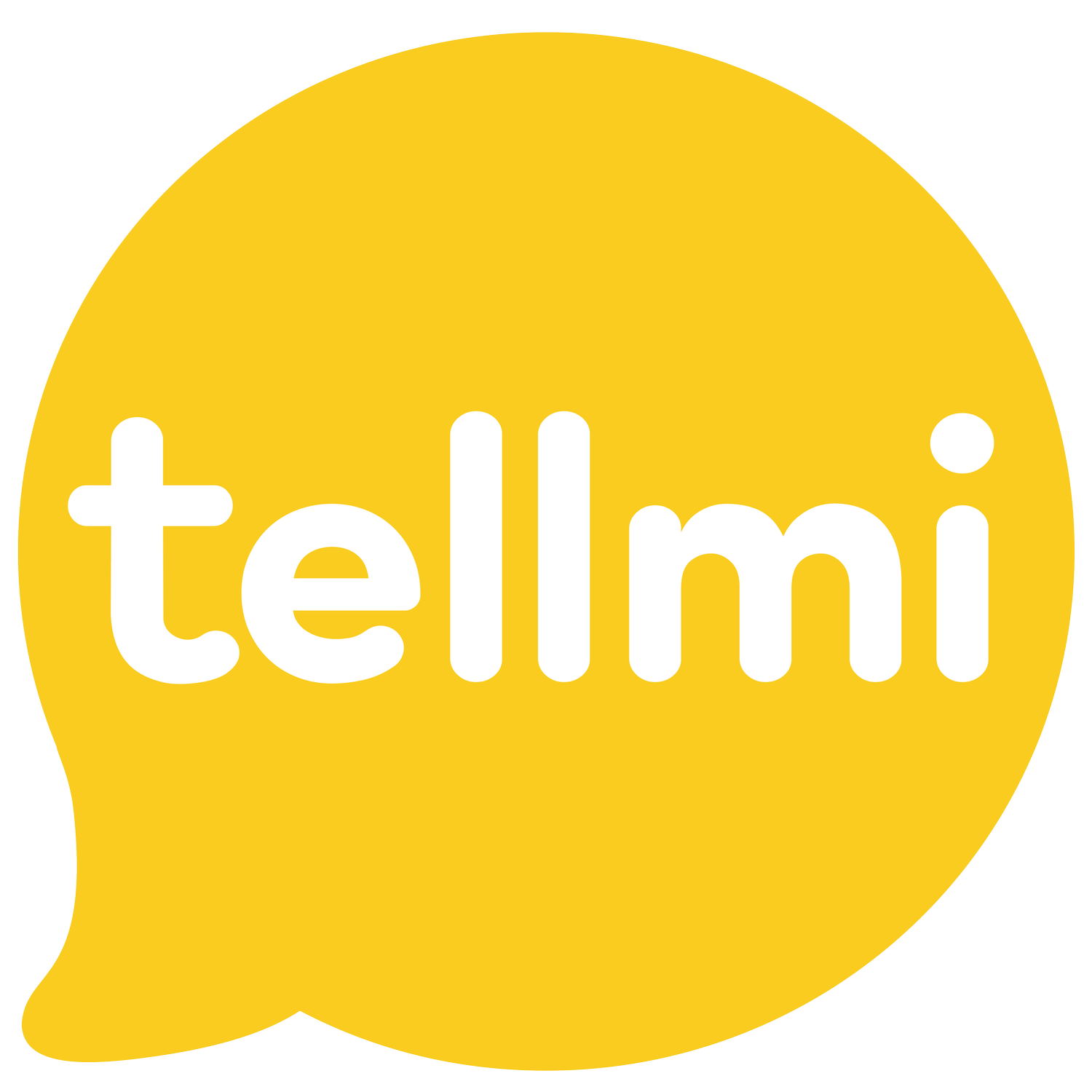Tellmi Supports Young People Facing Mental Health Inequalities in Greenwich
Tellmi has successfully helped to provide access to mental health support for those at risk of health inequalities in the London Borough Of Greenwich.
In a project funded by the Small Business Research Initiative (SBRI) which ran between March 2022 and March 2023, the Tellmi Service was licensed for all young people in Greenwich, an area with significant numbers of young people who face health inequalities. It is estimated that 26,600 of children and young people in the Borough are Black and minoritised ethnic (62%), 8,900 are LGBT+ (20%), 18,000 live in poverty (42%), and 6,200 have learning disabilities (14.4%).
Health inequalities have a significant negative impact on mental health; children and young people from the poorest 20% of households are four times more likely to have a serious mental health issue by the age of 11 compared to those from the wealthiest 20%. Minority ethnic groups face challenges accessing culturally appropriate services, while higher rates of poor mental health, self-harm and suicide are found among LGBTQ+ young people (Gutman et al., 2015; Grey et al., 2013; McDermott, 2011).
Those who suffer from mental health disorders, not least when left untreated, are more likely to face challenges at school than their peers. School absence is higher, with 12.6% of 7-16 year-olds who have a mental health disorder missing more than 15 days of school per year, compared to 3.9% who do not (NHS Digital, 2022). Absenteeism is associated with poor educational attainment, unemployment, and poverty, meaning children and young people who grow up facing health inequalities find it difficult to break free of them in adulthood.
To reach young people in Greenwich, Tellmi worked with schools and community outreach groups. We provided in-person workshops to let young people know about the Tellmi app and show them how to use it to manage their mental health.
“I really enjoyed this workshop, very useful and had so much fun and it has educated me on how I can change the negatives into positives.”
(Year 12 Student, Plumstead Manor)
Our project was extremely successful. The pilot demonstrated higher-than-expected levels of participation. We aimed to engage with 2,000 young people (roughly 5% of the local population), but Tellmi successfully engaged over 5,500 local young people through in-person work (13%).
This helped Tellmi to improve the existing care pathways in Greenwich by increasing access to other local support services, including for those who face health inequalities. In addition to engaging in peer support on the Tellmi app, young people were able to easily access both their school and local services through the app’s Directory.
Furthermore, data insights reports from Tellmi helped school leaders and educators to be better informed about youth mental health issues, and provide targeted support to their students.
“I am honestly amazed at the volume of support that Tellmi has provided for our entire school community. Tellmi has visited the school a number of times and delivered top-class workshops that are engaging and effective from years 7 right through to 13. Tellmi’s resources are accessible and the app has been popular with our students. Students are beginning to speak more openly about their mental health.”
(Hannah Elliott, Senior Mental Health Lead, Woolwich Polytechnic Boys)
Project Lead Tom Freeney said:
“This has been a huge project and has allowed us to work closely with an amazing group of young people and the providers who support them. From the first conversation with a local student to the five thousand five hundredth I have been blown away by their openness and passion for improving services.
“I hope we can continue to build on this work and bring safe and effective support to other regions facing disparity in health care. No one, especially a vulnerable child, should face inequity in their care. Setting by setting and region by region we are looking to address this, with thousands of user voices behind us and the local voice at the heart of our work.”
If you would like to find out more or get a quote for commissioning Tellmi in your area or school please contact us and we will be in touch.
References
Gutman, L.M., Joshi, H., Parsonage, M., & Schoon, I. (2015). Children of the new century: mental health findings from the Millennium Cohort Study. Centre for Mental Health. https://www.researchgate.net/publication/308083993_Children_of_the_new_century_mental_health_findings_from_the_Millennium_Cohort_Study
Grey, T., Sewell, H., Shaprio, G. & Ashraf, F. (2013). Mental Health Inequalities Facing U.K. Minority Ethnic Populations. Journal of Pyschological Issues in Organizational Culture, 3(51), 146-157. https://doi.org/10.1002/jpoc.21080
McDermott, E., Gabb, J., Eastham, R., & Hanbury, A. (2021). Family trouble: Heteronormativity, emotion work and queer youth mental health. Health, 25(2), 177–195. https://doi.org/10.1177/1363459319860572


